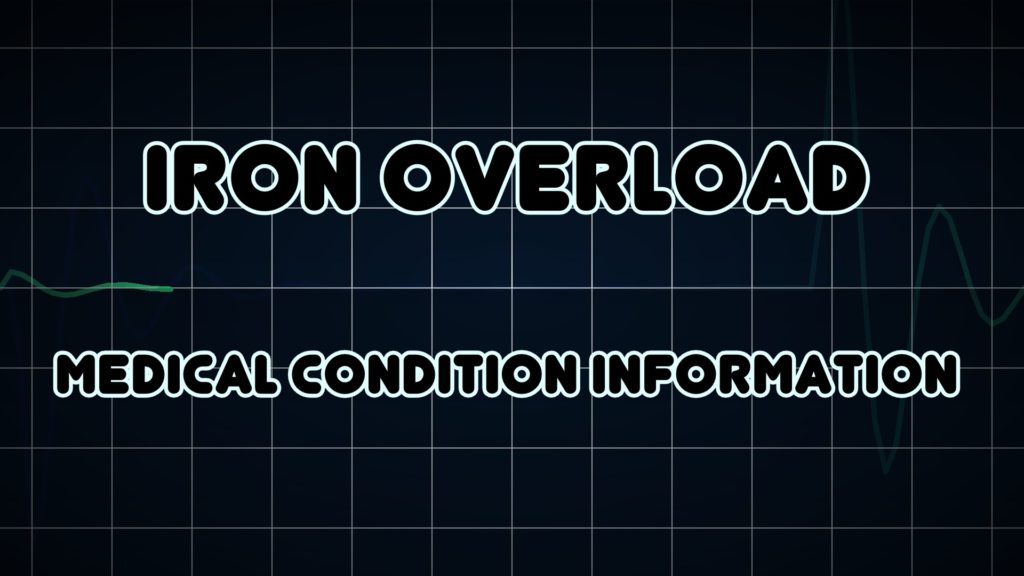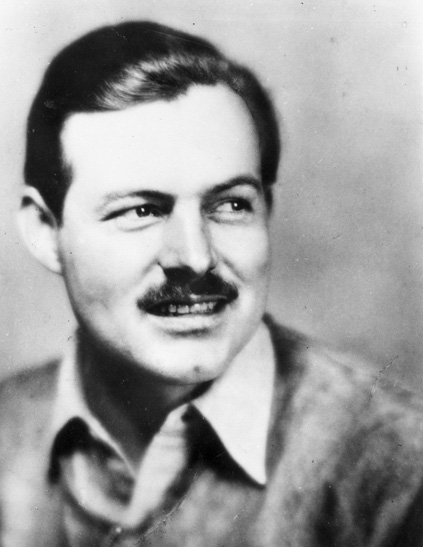Symptoms
Symptoms of haemochromatosis usually begin between the ages of 30 and 60, although they can occasionally occur earlier.
The symptoms tend to develop earlier in men than in women. Women often don’t experience problems until after the menopause.
Sometimes there are no symptoms and the condition is only found during a blood test.
Early symptoms
Initial symptoms of haemochromatosis can include:
feeling very tired all the time (fatigue)
weight loss
weakness
in men, an inability to get or maintain an erection (erectile dysfunction)
in women, irregular periods or absent periods
These symptoms can have many different causes and may sometimes just be put down to getting older.
Later problems
As the condition progresses, it can also cause problems such as:
darkening of the skin – you may look permanently tanned
tummy (abdominal) pain and swelling
yellowing of the skin and eyes (jaundice)
feeling thirsty all the time and needing to pee frequently
severe pain and stiffness in your joints, particularly in the fingers
swelling of your hands and feet
an irregular heartbeat (arrhythmia)
in men, the testicles getting smaller
These problems are often caused by complications of haemochromatosis that can occur if the condition isn’t treated early on.
When to see your GP
See your GP if you have:
persistent or worrying symptoms that could be caused by haemochromatosis – particularly if you have a northern European family background, as the condition is most common in this group
a parent or sibling with haemochromatosis, even if you don’t have symptoms yourself – tests can be done to check if you’re at risk of developing problems
Talk to your GP about whether you should have blood tests to check for haemochromatosis.
Read more about how haemochromatosis is diagnosed.

